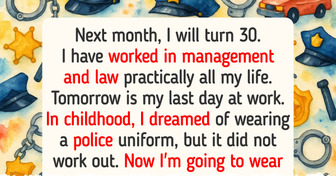Ask permission first , the rule!!! Your grandson needs guidance and manners. Princess isn't capable of either.
I Tried to Teach My Grandson a Lesson—Now My DIL Sees Me as the Enemy
We often receive letters from readers navigating the wonderful but sometimes tricky world of family relationships. One common area of complexity involves the relationship between parents and their adult children’s partners. We recently heard from a grandmother who found herself in a difficult situation after trying to turn a mishap into a teaching moment, only to find it created a deep rift with her daughter-in-law.
Here is her story:
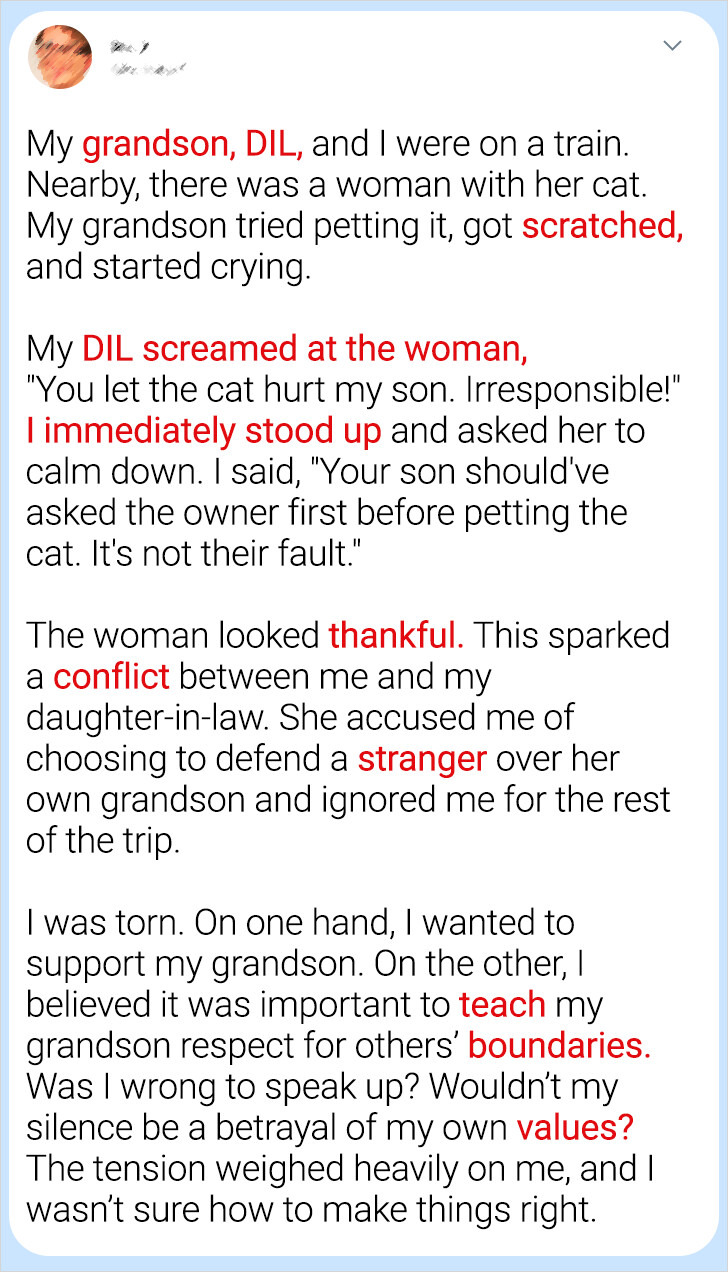
Thank you so much for sharing your story with us. It’s a situation many grandparents can relate to. Here is our advice for mending the relationship and moving forward together.
1. Validate first, advise second.
In that heated moment, your daughter-in-law was acting as a protective mother, and your public correction likely felt like you were undermining her. The best first step is to validate her feelings from that moment.
At a calm time, acknowledge how scared she must have felt and apologize that your actions made her feel unsupported. According to psychologists, this validation is a powerful tool that de-escalates conflict and shows respect for her emotional experience.
2. Present a united front on important lessons.
Your desire to teach your grandson an important lesson was valid, but the timing and public nature of the correction caused the conflict. Frame your shared values as a team effort moving forward by asking her how you can work together to parent as a united front. It’s a great way to work together on crucial lessons, like teaching children how to safely interact with animals.
3. Remember your shared love for your grandson.
Ultimately, you and your daughter-in-law want the same thing: for your grandson to be safe and happy. This shared love is the strongest common ground you have for repairing your relationship. When you speak with her, lead with this love, acknowledging that you both acted out of care for him at that moment. Focusing on this mutual goal is the surest way to re-establish trust and mend the strained bond.
Navigating in-law dynamics requires a delicate balance of love, respect, and communication. For more tips on building healthy family connections, check this article: What to Do When Your Adult Child Treats You With Disrespect.
Comments
Your point is correct, though making it in public may have been a miscalculation. I would have certainly tried to deflect dils anger from the poor cat owner, but rather then publicly chastising her son, the likely reason for her defensive response, you should simply have offered him comfort in the moment. Later, in private, you should have spoken to both dil and grandson about not touching pets without seeking permission. That being said, dil needs to get over it now ... you were in the right, if in a less than graceful way, and now she needs to chill.
Your daughter-in-law is wrong but you are stuck with her. I probably would have just apologized to the cat owner and let your daughter-in-law comfort your grandson. I wouldn't have tried to correct him until everyone calmed down. Later I would tell him some animals are scared of strangers so you should ask the owner if you can pet them.
I would love to know what DIL thinks the cat owner could have done to prevent the kid from being scratched. Oh yes he could have LEFT IT ALONE. DIL is going to raise an entitled brat if she keeps this up. I feel sorry for OP for having to put up with her she sounds very annoying
Related Reads
I Want to Divorce My Husband Because He Shaved My Head

I Was Insulted and Uninvited From a Wedding — But My Husband Will Still Go Without Me

8 People Who Experienced Eerie Things That Are Too Hard to Grasp
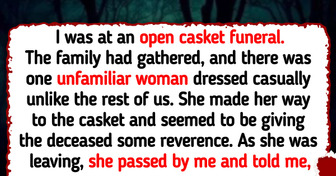
My Husband Brutally Cheated on Me When I Was Freshly Postpartum, My Revenge Is Coming Now

My Ex Was Wasting Our Son’s College Money on His Stepdaughter

I Let My Dying Ex-Wife Move In—Now, I’m Badly Regretting It
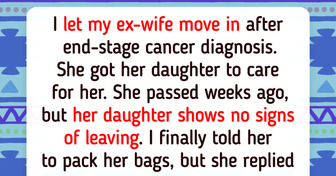
10+ Unexpected Endings That Had a Stronger Twist Than a Mystery Novel

My Roommate’s Girlfriend Completely Takes Over My Apartment
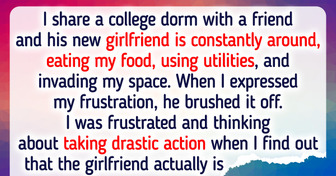
I Refused to Put Up With My In-Laws Just Because We Owe Them
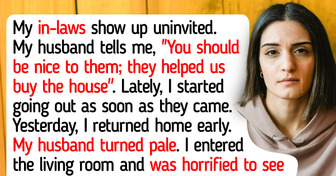
I Let My Adult Son Move Back In and Became His Maid—So I Turned the Tables
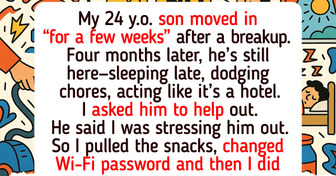
17 Unusual Finds That Can Puzzle Even the Sharpest Minds

15 People Who Were Brave Enough to Leave Their Jobs and Follow Their Dreams
